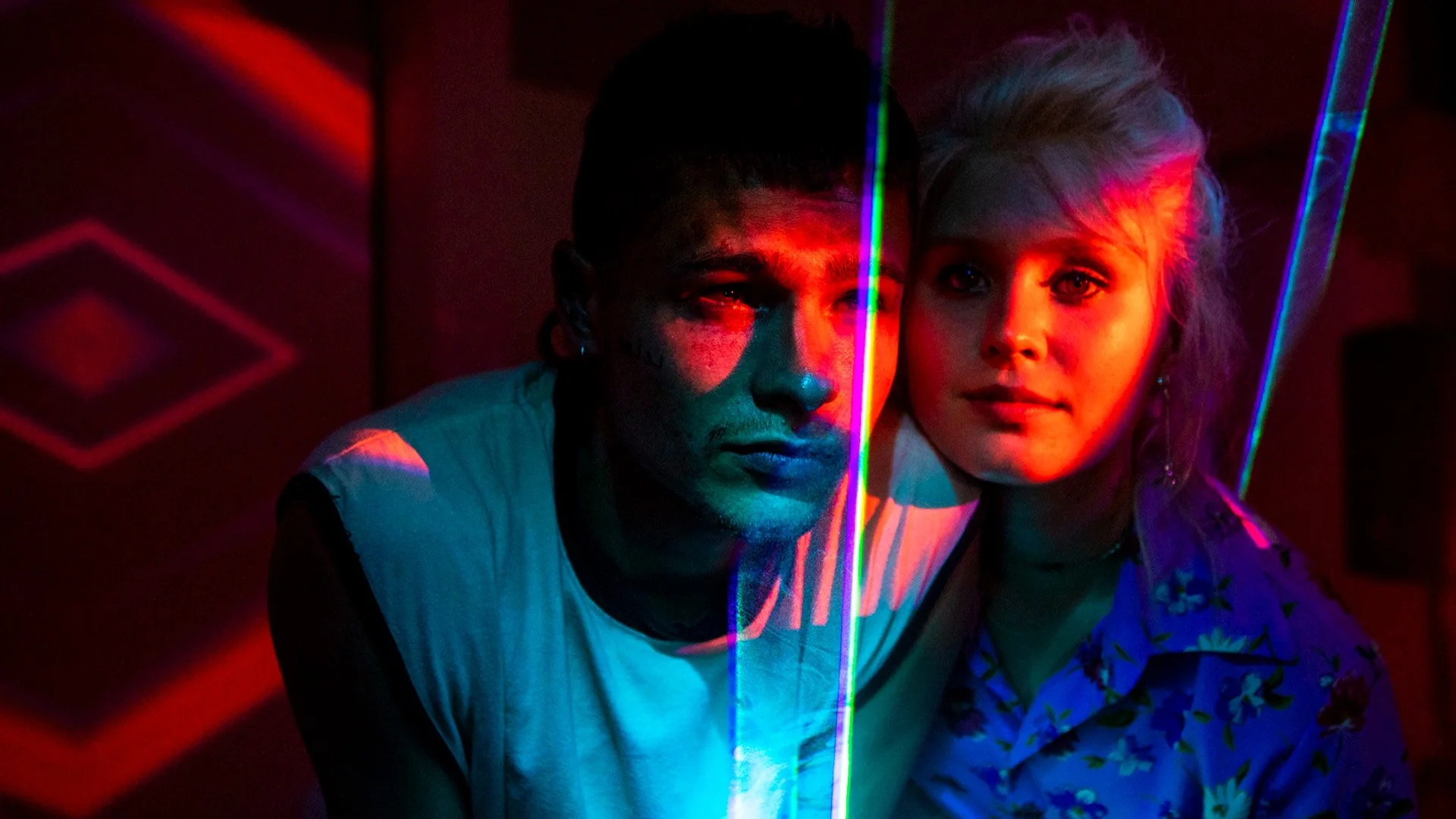There’s Still Magic in Film
It's films like these that keep me enthralled with the practice of filmmaking in a world of shiny, fast-food, risk-averse movies. What an incredible week of film I've had over here. I'll do some better breakdowns of some of these, but here's a summary:
For a view at early Wes Anderson influences, a young Jesse Eisenberg, and Jeff Daniels playing an absolutely insufferable garbage human, check out 2005's The Squid and the Whale. A frenetic and obtuse look at the rigors of divorce, the toll it plays on the children caught between, and a narrative structure not often seen in film. I can see how some viewers would walk away from this with mixed or tepid feelings, but, once discussed, I think The Squid and the Whale really shines as an emergent and unique piece.
Moving forward in the timeline a little, we get 2010's Black Swan. Now, I'd seen this one before, but only once and back in theaters. Now that I've developed a more refined sense of what I do and don't like in film, I thought it was time for a revisit of something I remembered being surreal, cerebral, intense, and mystifying. Turns out, I'd remembered it correctly. Black Swan holds up as a strange look into the magic of ballet and the damage of projected dreams and societal pressures upon budding talents. Stunningly shot with clear metaphoric art direction, if you haven't seen this, do. If you have seen this, watch it again.
I know we're out of order of my photos now, but let's talk about 2019's Babyteeth. Strongest when it frees itself from rigid filmmaking techniques and led by some stellar performances, this is a film not to be missed. With similar bones to 2021's Little Fish, Babyteeth is a masterfully told love story between a flickering candle and a leaf lost on the wind. Powerful, moving, meaningful, and human; Babyteeth is not a film that you should let pass you by.
Period pieces can be hard to recommend. They're usually fairly similar in structure -- long conversational scenes between two quiet characters in a night darkened room, flowing gowns and tall hair rustling in the wind against the backdrop of an ocean, characters stuck on opposite sides of the rift created by classes they didn't ask to be born into -- but Portrait of a Lady on Fire manages to both embrace and subvert the genre in the best way possible. Like the next film we'll talk about, its dialogue is smart and its story doesn't feel the need to tell you things out loud that the characters already understand. Like Babyteeth above, Portrait of a Lady on Fire closes with one of the most moving scenes in the last several years of cinema and is one of my favorite films… maybe of all time.
It's not often I watch a movie and think "man, I wish I had seen that in theaters". Dune comes to mind because of the sheer immensity of its world, as does Dunkirk as an experience I missed in IMAX. But, size and scope and sound are not always the only reasons to sit in a dark and isolated room surrounded by souls all there for the same quiet and introspective cause. 2021's Nine Days is a theater experience I wish I'd had for just such a reason. Solemn, intentional, and incredibly powerful, Nine Days is a look into the great beyond and what it means not to be alive... but to live. Comparisons between this and Soul are inevitable and well placed. The two tell similar stories from opposite sides of the field, and I think both should be watched together. Sit down with someone you love, put your phones away, and set aside some time to really truly absorb, reflect upon, and sit with this stunning and upsetting journey into the soul.





